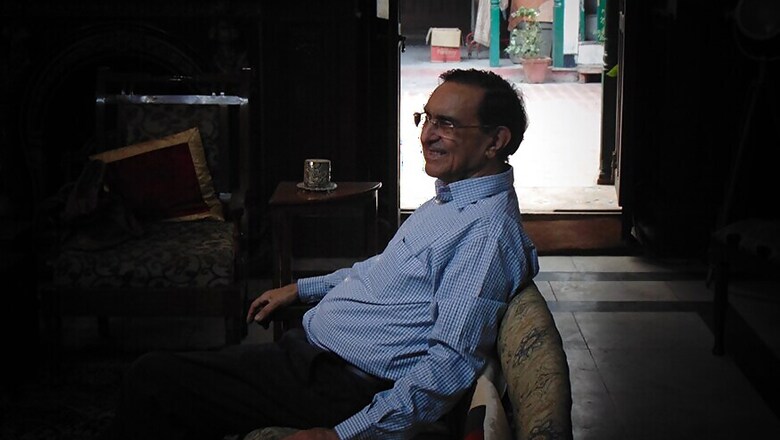
views
Septuagenarian Anil Pershad looks on at his ancestral house, like a new-born to his mother. And akin to a mother, the ageing mansion fosters his soul, gives refuge to his foreboding fears, while simultaneously putrefying into oblivion. For Pershad, the house is his last legacy, barely standing in one of the busiest corners of the capital.
Heritage sights are a dime a dozen in Old Delhi’s Chandni Chowk. Every recess, every sprightly corner has a dreary building, subsisting like a skeletal corpse. While most have perished and given way to encroachments, there are some — like Lala Chunna Mal’s haveli — that are breathing still, albeit reeking of civic indifference.
Lala Chunna Mal, a wealthy merchant in the 19th-century Delhi, owned most of Chandni Chowk. His astuteness and business acumen made him rise through the ranks. Before long, the British conferred on him the title of ‘Rai Bahadur’, for his services to the empire.
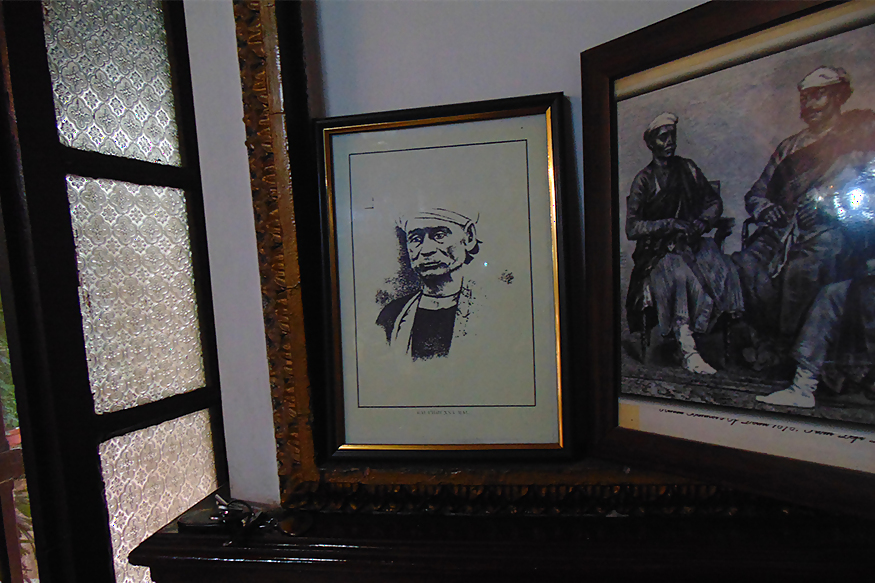
“Tea or coffee?” Pershad offers. He swiftly unlocks a colossal wooden door — overlooking a charming courtyard. “This is not an exclusive room. When we have guests, we sit here,” he clarifies.
Exclusive or not, the room is majestic, its sumptuousness speaking volumes of the once-grandiose life led by Chunna Mal and his progenies. Intricately-designed, the draperies, monstrous mirrors, chandeliers, furniture, carpets and ceiling spell vintage. Everything in this room is worth a fortune, and yet, it is not bedecked the way it used to be, says Pershad.
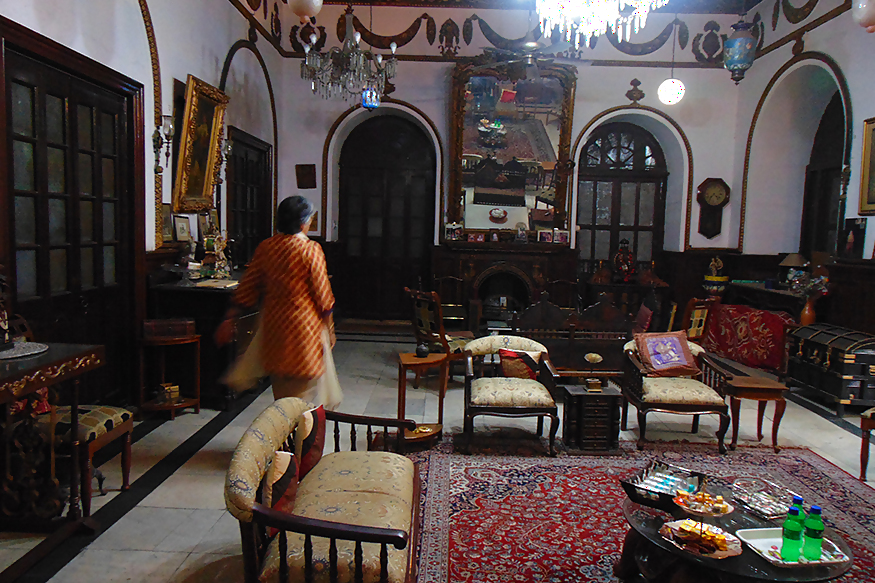
“I am the sixth generation of Rai Chunna Mal; he was my great grandfather’s great grandfather. I am the part owner and caretaker of this haveli,” he says.
Pershad lives in the 128-room property — situated in Katra Neel — with his immediate family. “By immediate family, I mean my wife, two sons, daughters-in-law and four grandchildren. The rest of the family has moved out to — what they call — the better part of Delhi,” he explains.
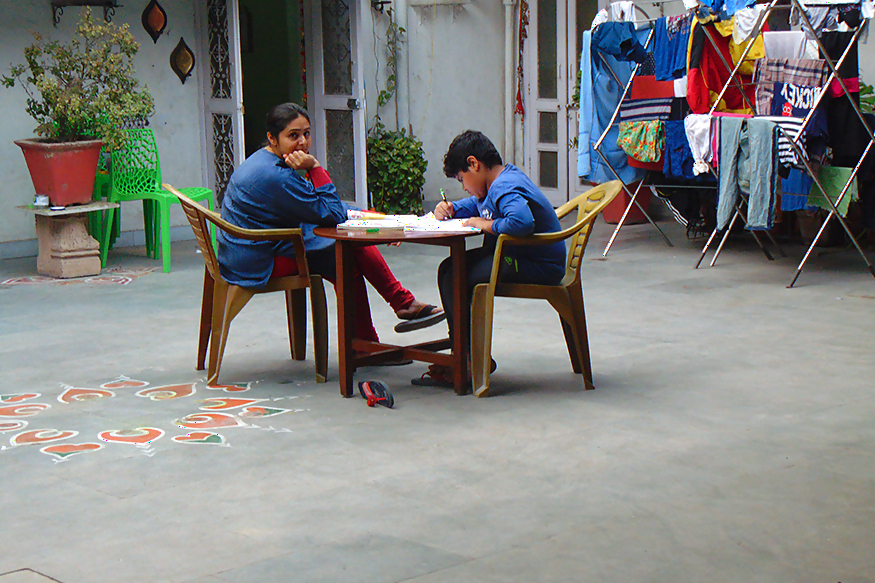
Chandi Chowk is a mess, he says. In a make-believe world, you could pretend to have time-travelled from the élite New Delhi to the labyrinthine world of Old Delhi. Cars, rickshaws, magpies move around with offhand disdain for personal space and civic conscience. And that, agree visitors, is what augments the charm.
From outside, the house looks like another façade — a decrepit building hidden in plain sight, maimed by infringements. Three storeys high, the lowermost floor has been taken over by shops and other commercial establishments.
“Chunna Mal ji was the first municipal commissioner of British India, and owned a lot of properties. He was a banker, a cloth trader, and moneylender to the Mughal Empire. His salary, back in those days, was one lakh rupees a month! About three generations in between did nothing for a living! Would you believe it? What is left of his legacy now?” says Pershad, who runs a family business along with his sons.
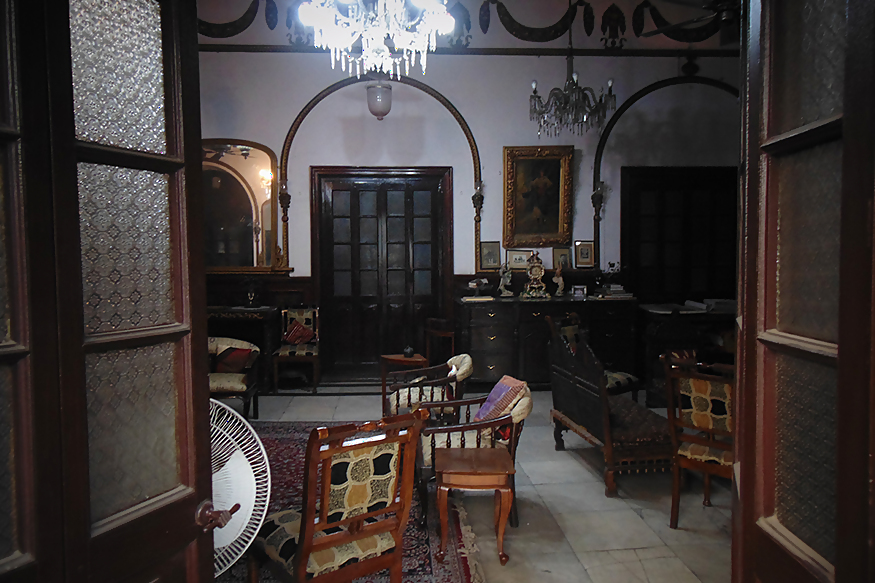
Chunna Mal started the construction of the haveli circa 1850, he says. “The way it has been built, it seems the house came up in stages. Today, the property spreads over half an acre. You can still get lost in here,” he says.
Today, getting a basic overhaul is a titanic task for the family. “If I have to get a wall painted, which we do, every 8-10 years, we have to bring in an entire team, because it’s not a one-person job. Sometimes, our request letters with the local government bodies go unanswered. We maintain whatever we can. Certain things are beyond us because we do not have the workmen,” he says.
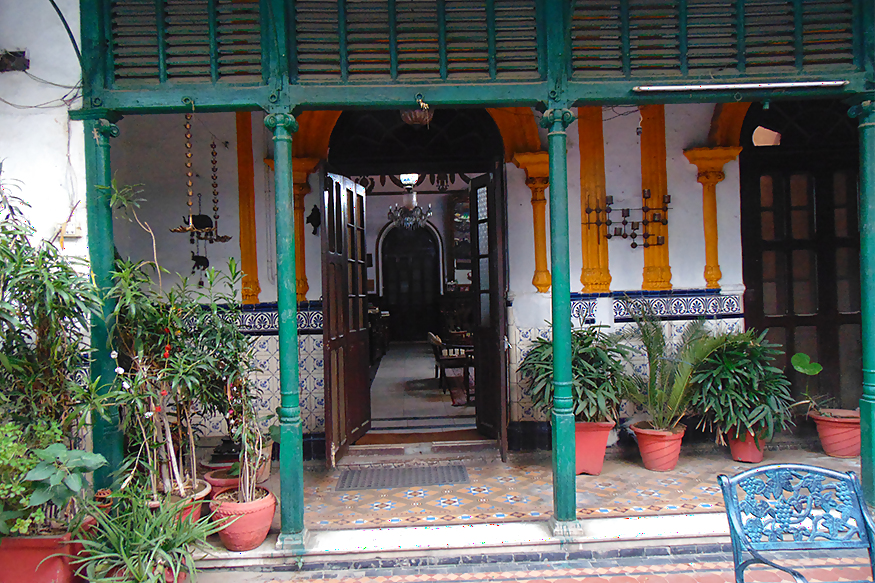
Among other things, the house is embroiled in an ancestral dispute, something that pains the 73-year-old.
“The extended family is connected to the house too. But nobody really bothers about the heritage value. They are keen to sell the property; I have been opposing it,” says Pershad.
The Pershads maintain around 15-odd rooms, two massive courtyards, a large terrace, one long balcony, and several little verandas.
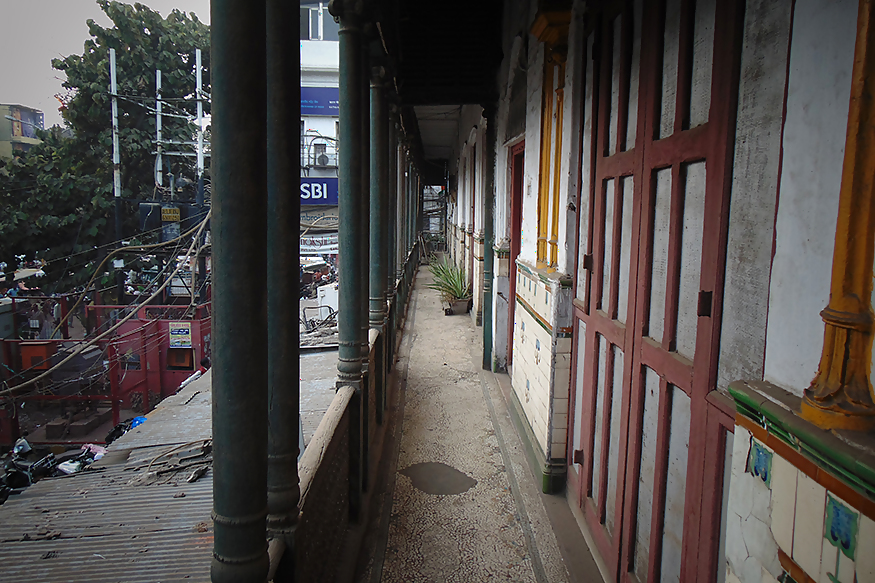
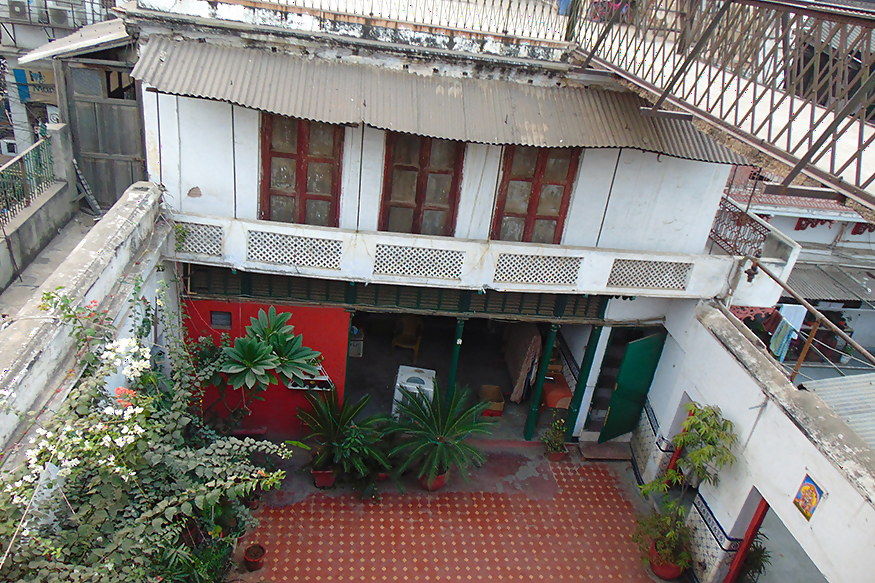
“Most of the family members with stakes in the house, have locked their rooms and certain sections. I am maintaining whatever I am utilising. The rest of it is rotting from within,” he laments. In its heyday, says Pershad, the haveli could house over 500 family members; weddings were extravagant.
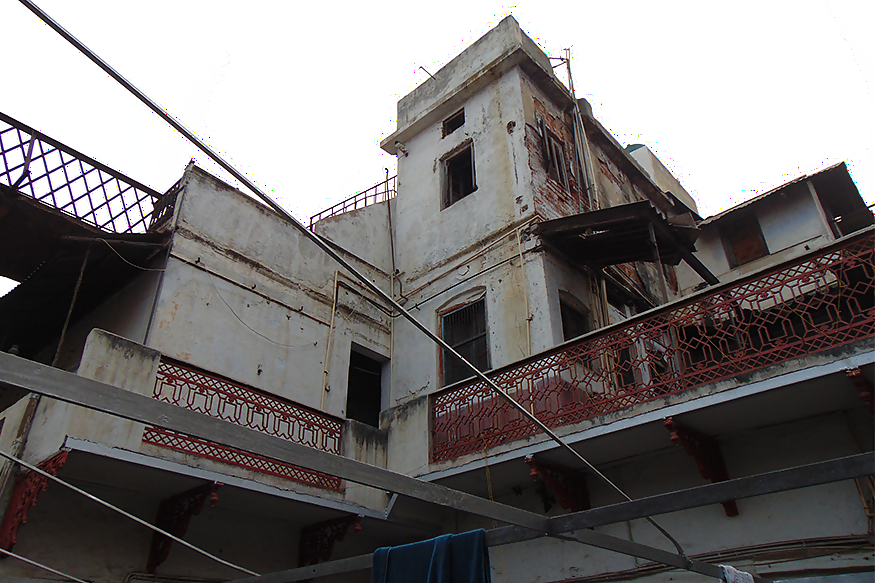
While Pershad has been advised against climbing staircases — and in this mansion there are aplenty — he takes us to the terrace from where he stares at the rapidly-deteriorating fragments of the haveli, and the bedlam of the Chandni Chowk traffic.
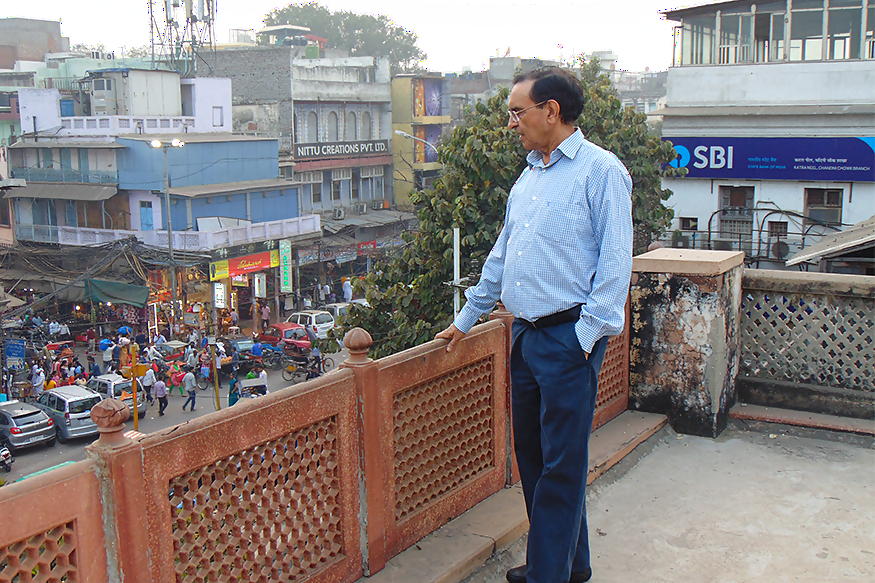
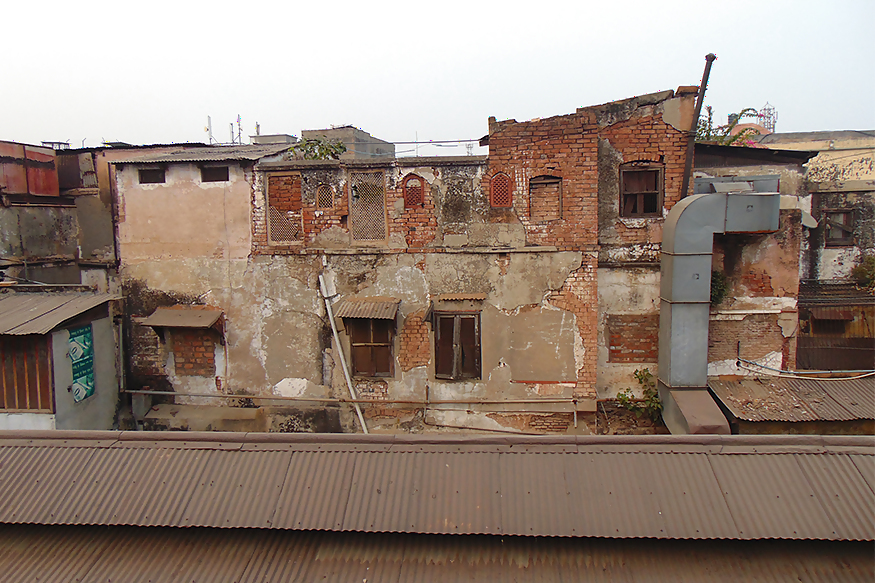
Despite the hanging melancholy, he sees his grandkids as harbingers of hope. “My grandchildren talk about their heritage in the school all the time. They are proud of our legacy, and I know after I am gone, my sons and grandchildren will lead the way,” he says.
It is almost evening. The senior Pershads — Anil and his wife Nandini — sit in a picturesque corner of the courtyard where they have their evening tea and supper. “This is our favourite spot,” they say.
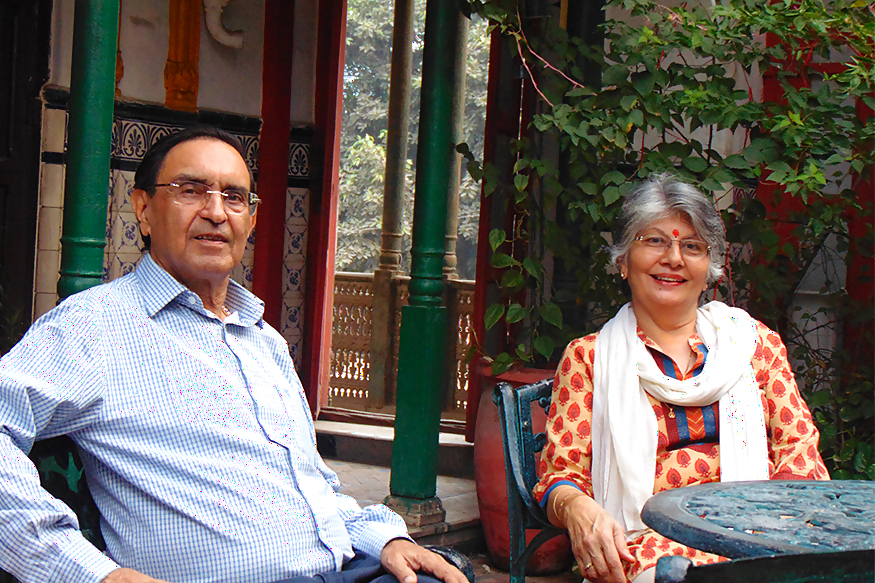
The legacy of Rai Chunna Mal is something they are willing to inexhaustibly fight for. For how long? “For posterity,” replies Pershad.




















Comments
0 comment